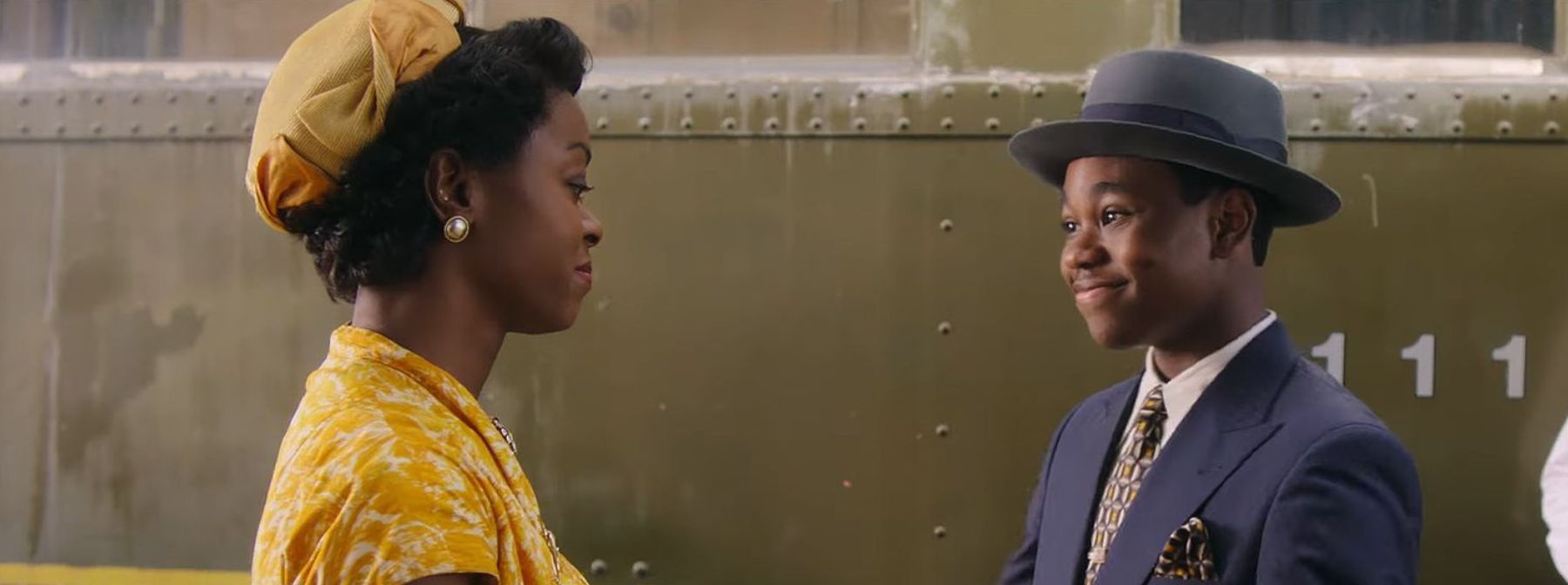
When this fact appears in the climactic postscript of Till, the powerful account of Mamie Till’s lifelong quest for justice for her murdered son Emmett, it is one of the most shocking moments in the film.
It has been nearly a century since the first anti-lynching legislation was proposed, with Democrat Senate majority leader Chuck Schumer describing the long process of finally passing this law as a “bitter stain” on America.
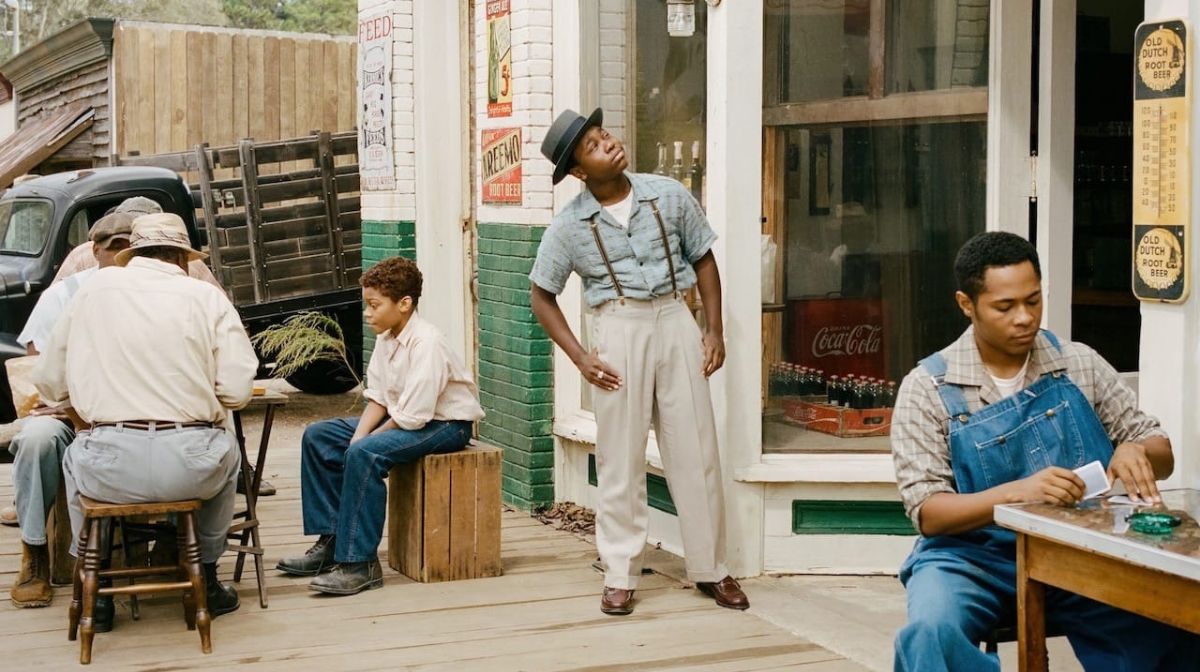
So, while the legal drama which unfolds in Till may initially seem like a passage from history books, this harrowing moment in the quest for Civil Rights in the USA remains depressingly relevant in 2022.
The court case for the 14-year-old’s death is arguably the most famous injustice in 20th century American legal history and so, director Chinonye Chukwu realised she had a significant responsibility in recounting this story for the big screen.
She worked with producer Keith Beauchamp who in 2004 got the U.S. Department Of Justice to reopen the case after more than a decade’s worth of research.
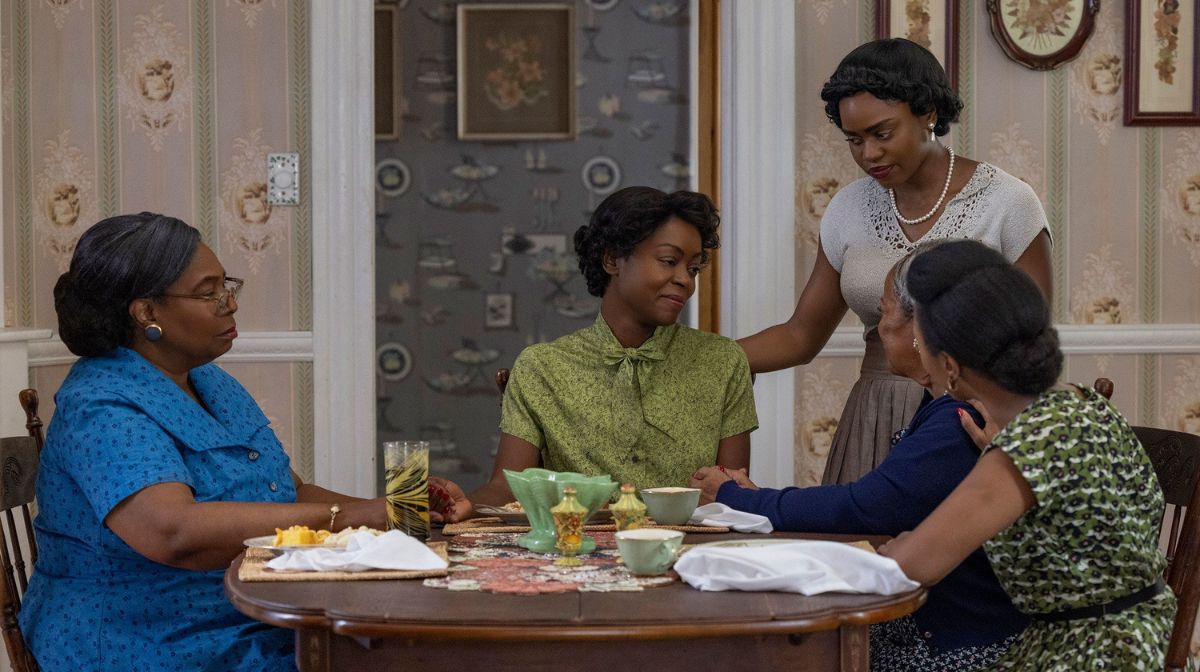
As Chukwu explained to Zavvi: “I was acutely aware of the historical and cultural significance, which helped me become more accountable in making sure I got it right.
"The research started by working with Keith, who has spent most of his life unpacking the facts of the story: he was an important mentee and had deep friendships with a lot of the family members.
"He wasn’t just a treasure trove of information that informed my research, he had direct connections to the people closest to this story.”
https://www.youtube.com/watch?v=PqAAxlfY7Dg
Till is framed through the perspective of Mamie Till, an activist who remained dedicated to justice until her death in 2003. Upon arriving in Mississippi from Chicago following news of her son’s brutal murder, she made the bold decision to hold an open casket funeral, so the world would bear witness to a body beaten beyond all recognition.
Her efforts to get immediate justice proved futile – even with the horrific evidence, the white jury believed the story of shopkeeper Carolyn Bryant (here played by Haley Bennett), who lied under oath to say the teenager behaved in a sexually aggressive way towards her. For actress Danielle Deadwyler, who portrays Mamie Till, there wasn’t a pressure that came with portraying such a significant historical figure – but there was with making sure she did her part in telling this story right.
She told Zavvi: “Everybody in the cast understood the weight of this story, and the importance of making sure it was told with love. This is a story about a pain which persists to this day – and that is a pain we all felt while making this.
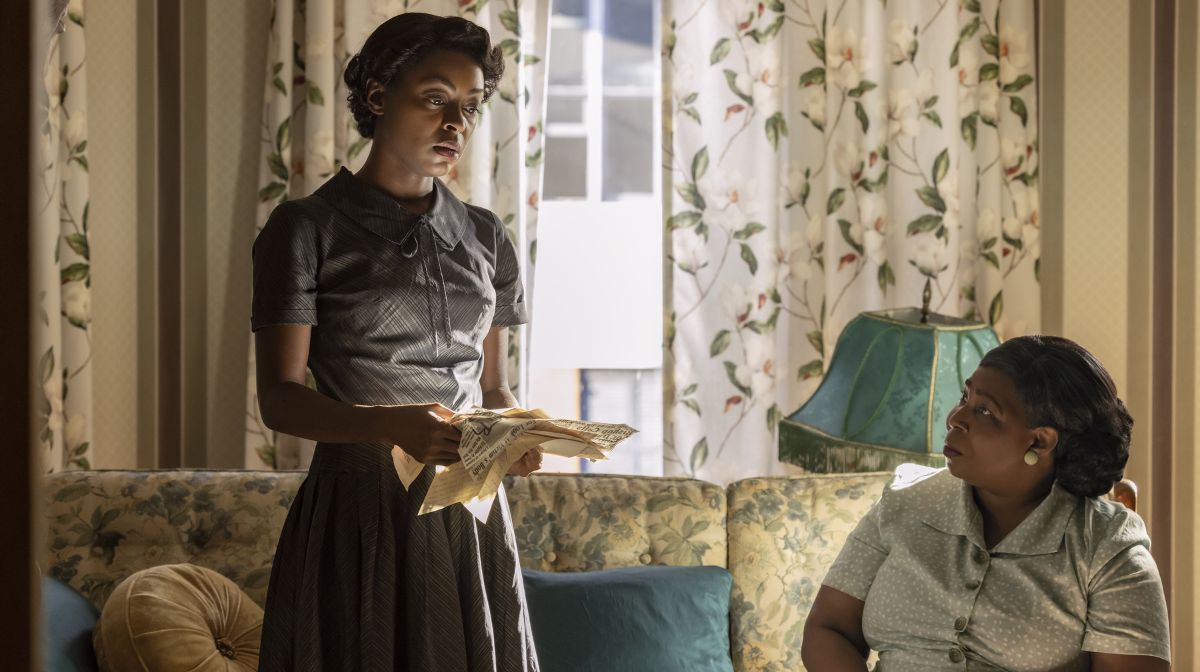
"And I think this is part of the reason why the movie is now connecting with audiences is because they feel that too and see the connection between the historical and the present. I hope the movie can act as a change agent amongst audiences, that’s something hopeful that I’d really like to see”.
15-year old Jalyn Hall had the more daunting task of portraying Emmett Till, a historical figure whose place in the public consciousness is defined by his tragic final days. The teenage actor therefore felt it was important for this portrayal to instead be more authentic to what those who knew him experienced.
“I thought that it was crucial for the audience to have a real, authentic representation of who Emmett Till was. The world didn’t get to know this curious, living, innocent boy, but the hope was that within this film, you would get to connect with him in a personal way. When you look at history, you see him as a mark that paved the way for other people to make change – but you never think about him as the human being he was, so it was important for this to be conveyed within the story.
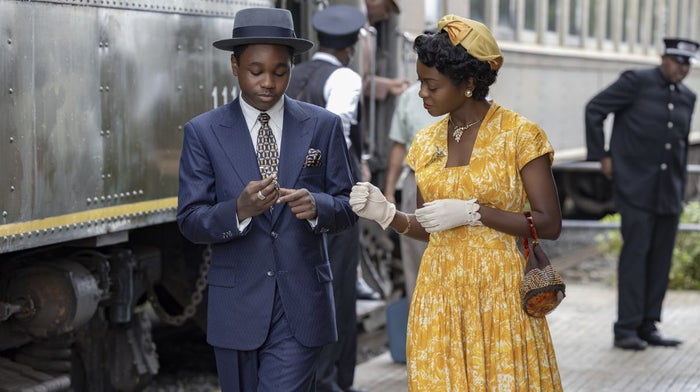
“The key to unlocking the character was reading about his personality traits, as we’ve only ever been able to get a view on who he was through pictures. But when you read about him, he had this glow and happiness that I had to bring to the screen, and I hope that seeing him in such livelihood is something completely different and beautiful”.
For director Chukwu, following up 2019’s Clemency (another tale of institutional injustice), her biggest hope for the film is that it can start further conversations about the changes and failures that have occurred in the decades since.
She concluded: “My biggest hope is that audiences are activated to make change in the world in whatever way they can, as well as being activated to learn more about the legacies of the people involved in the story. But ultimately, I hope they’re activated to think about all the ways that we are connected back to them”.
Till is released in UK cinemas on Friday 6th January.
For all things pop culture, follow us on Facebook, Instagram, Twitter, and TikTok.

